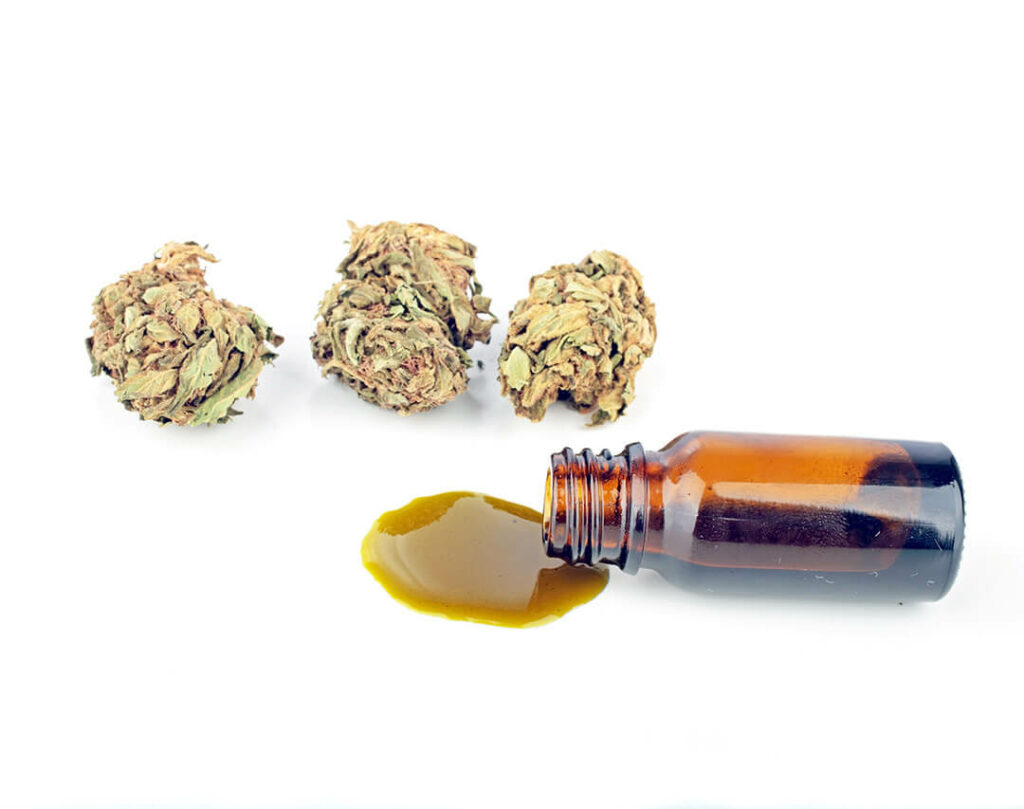Delta-8 THC (tetrahydrocannabinol) is a minor cannabinoid found in cannabis plants, known for its psychoactive effects. As the popularity of Delta-8 THC products continues to grow, questions about its addictive potential have arisen. Addiction is a complex condition characterized by the compulsive use of a substance despite negative consequences. In this comprehensive guide, we will explore the science behind addiction, the potential addictive properties of Delta-8 THC, its relationship with Delta-9 THC, risk factors for addiction, and what research tells us about the addictive nature of Delta-8 THC.
Understanding Addiction
Addiction is a chronic, relapsing brain disease that affects the brain’s reward and motivation centers. It involves the compulsive use of substances or engagement in behaviors, such as drug use, gambling, or gaming, despite negative consequences. Addiction can lead to changes in the brain’s neural circuits, making it difficult for individuals to control their cravings and impulses.
Substances with addictive potential, such as opioids, nicotine, and alcohol, typically affect the brain’s dopamine system, which plays a crucial role in the brain’s reward and pleasure responses.
The Relationship Between THC and Addiction
THC, the primary psychoactive compound found in cannabis, has been the subject of research regarding its addictive potential. Delta-9 THC, in particular, is known for its ability to bind to the brain’s cannabinoid receptors, leading to the euphoric high associated with marijuana use.
Studies have shown that regular and heavy use of high-THC cannabis strains, particularly in younger individuals, may increase the risk of developing cannabis use disorder (CUD). CUD is characterized by a problematic pattern of cannabis use that leads to impaired functioning, difficulty cutting down or quitting, and continued use despite negative consequences.
The addictive potential of Delta-9 THC is well-established, but what about Delta-8 THC?
Is Delta-8 THC Addictive?
Research specifically focused on the addictive potential of Delta-8 THC is limited. However, based on what we know about cannabinoids and addiction, we can make some educated assessments.
- Binding to CB1 Receptors: Delta-8 THC binds to the brain’s CB1 receptors, similar to Delta-9 THC. This binding activates the brain’s reward system, leading to feelings of pleasure and euphoria.
- Dopamine Release: Delta-8 THC, like other cannabinoids, can trigger the release of dopamine, a neurotransmitter associated with pleasure and reward.
- Potential for Tolerance and Dependence: Regular and heavy use of any psychoactive substance can lead to tolerance, where higher doses are needed to achieve the same effects. Tolerance can be a precursor to dependence, where the body becomes accustomed to the substance, and individuals may experience withdrawal symptoms when they try to quit.
Delta-8 THC vs. Delta-9 THC: Addictive Potential Comparison
While Delta-8 THC and Delta-9 THC share similarities in their effects on the brain’s cannabinoid receptors, Delta-8 THC is considered to be less potent and produce a milder high compared to Delta-9 THC. Some individuals find Delta-8 THC to be more tolerable in terms of anxiety and paranoia.
Studies on Delta-9 THC have shown that its addictive potential is influenced by factors such as the concentration of THC in the product, frequency of use, age of initiation, and individual susceptibility. These same factors could potentially apply to Delta-8 THC.
The lack of high doses of Delta-8 THC in natural cannabis plants may contribute to its lower potential for addiction compared to Delta-9 THC. However, as Delta-8 THC products become more concentrated and available, the risk for addiction may increase.
Risk Factors for Cannabis Use Disorder (CUD)
While Delta-8 THC’s specific addictive potential requires further research, it is essential to consider risk factors associated with the development of cannabis use disorder:
- Age of Initiation: Early initiation of cannabis use, especially during adolescence, is associated with a higher risk of developing CUD.
- Frequency of Use: Regular and heavy use of cannabis increases the risk of CUD.
- Genetic Predisposition: Certain genetic factors may increase an individual’s vulnerability to developing addiction.
- Co-occurring Mental Health Disorders: Individuals with mental health conditions, such as depression, anxiety, or bipolar disorder, may be more susceptible to developing CUD.
- Environment and Peer Influence: Family and social environment, as well as peer influence, can play a role in the development of CUD.
- Polysubstance Use: Concurrent use of multiple substances, such as alcohol or other drugs, can increase the risk of addiction.
Potential Benefits of Delta-8 THC
While the focus of this guide is on the addictive potential of Delta-8 THC, it’s important to acknowledge that cannabinoids like Delta-8 THC have also been studied for their potential therapeutic benefits. These potential benefits may include pain relief, anti-nausea properties, appetite stimulation, and anxiety reduction.
Conclusion
The addictive potential of Delta-8 THC is an area that requires further research. While it shares similarities with Delta-9 THC in its ability to bind to CB1 receptors and activate the brain’s reward system, Delta-8 THC is considered to produce a milder and less intense high.
As with any psychoactive substance, responsible use, and awareness of individual susceptibility to addiction are crucial. It’s essential to be mindful of frequency and quantity of use, especially for those with a history of substance use disorders or mental health conditions.
If you are considering using Delta-8 THC or any cannabis product for its potential therapeutic benefits, it’s essential to consult with a healthcare professional to discuss your specific health needs and considerations.
As research on Delta-8 THC continues to evolve, we may gain a better understanding of its addictive potential and how it compares to other cannabinoids like Delta-9 THC. Until then, it is essential to exercise caution and informed decision-making when using Delta-8 THC or any cannabis product.
In her role as a Branding Adviser, Linda draws on her strategic thinking to assist businesses in building strong and authentic brand identities, effectively connecting with their target audiences. Her unique blend of skills, spanning emotional wellness, psychology, and branding, positions Linda Catalan as an influential figure in fostering personal growth and helping businesses thrive in the competitive market landscape."
- Is There A Delta-8 Thc CBD? - September 25, 2023
- Is Delta-8 Thc Addictive? - September 25, 2023
- Benefits of Chickweed Supplements - September 25, 2023











